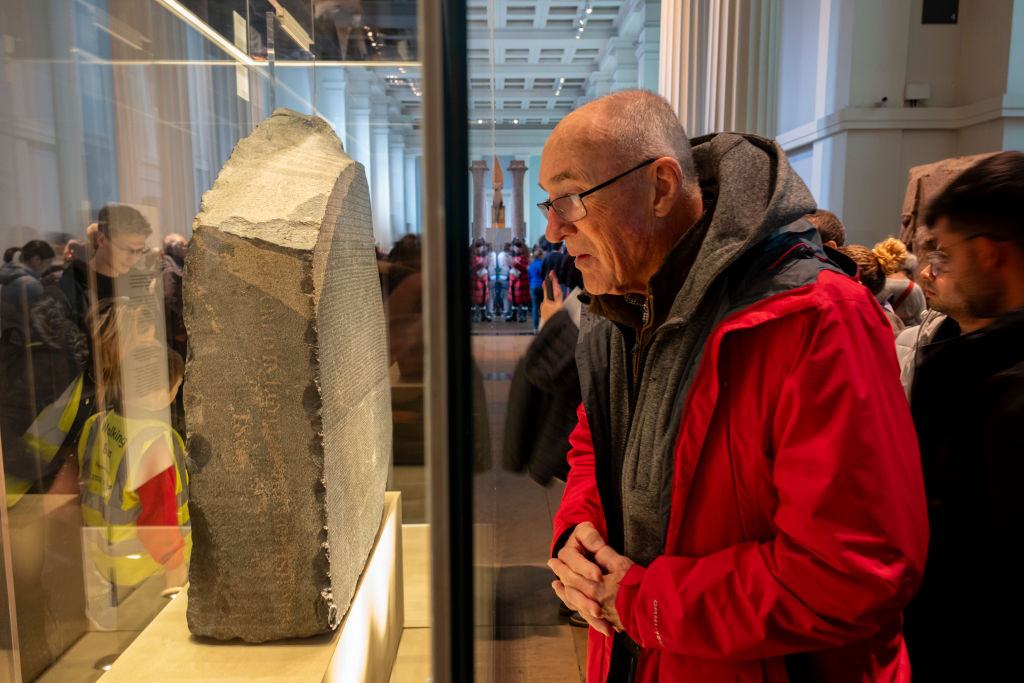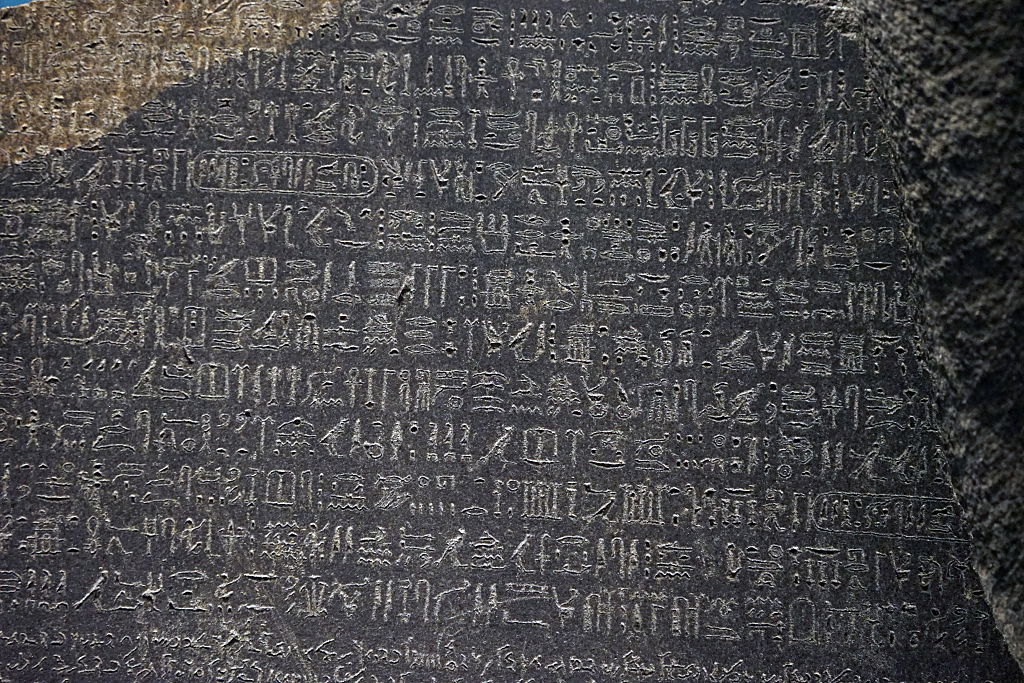
Get the latest financial news, insights and expert analysis from our award-winning MoneyWeek team, to help you understand what really matters when it comes to your finances.
You are now subscribed
Your newsletter sign-up was successful
Want to add more newsletters?

Twice daily
MoneyWeek
Get the latest financial news, insights and expert analysis from our award-winning MoneyWeek team, to help you understand what really matters when it comes to your finances.

Four times a week
Look After My Bills
Sign up to our free money-saving newsletter, filled with the latest news and expert advice to help you find the best tips and deals for managing your bills. Start saving today!
Hieroglyphics – "sacred writing" – was the ancient script used to adorn the tombs of Egypt's pharaohs.
The script's origin is a mystery. One possibility is that it evolved from Sumerian scripts 5,000 years ago. But what is certain is that, by the fourth century AD, the use of hieroglyphics had died out – along with anyone who could read it. For hundreds of years, all attempts to decipher it failed.
But in 1799, Pierre Bouchard, a lieutenant in Napoleon's army charged with demolishing a wall near the town of Rashid (AKA Rosetta) in the Nile delta, noticed an unusual slab of basalt.
MoneyWeek
Subscribe to MoneyWeek today and get your first six magazine issues absolutely FREE

Sign up to Money Morning
Don't miss the latest investment and personal finances news, market analysis, plus money-saving tips with our free twice-daily newsletter
Don't miss the latest investment and personal finances news, market analysis, plus money-saving tips with our free twice-daily newsletter
It was quite damaged, and missing big chunks, but on the slab there could clearly be seen three sets of writing – one in Greek, one in the ancient Egyptian Demotic script, and one in hieroglyphics. Could this stone be the key to deciphering the pharaohs' script?
Copies of the text were taken and sent to scholars throughout Europe. The Greek text was translated first, but it was not until 1822 that the first translation of the Egyptian texts was published. The secret of hieroglyphics had finally been cracked.
The text on the stone tells of the magnificence of King Ptolemy V, "the manifest god whose excellence is fine", and requests that he be worshipped as other gods are.
When the British defeated the French in Egypt in 1801, the stone was taken back to London and put on display in the British Museum, where it remains.
In recent years there have been calls for it to be returned to Egypt.

Get the latest financial news, insights and expert analysis from our award-winning MoneyWeek team, to help you understand what really matters when it comes to your finances.

-
 The most single-friendly areas to buy a property
The most single-friendly areas to buy a propertyThere can be a single premium when it comes to getting on the property ladder but Zoopla has identified parts of the UK that remain affordable if you aren’t coupled-up
-
 RICS: UK housing market showing signs of 'tentative recovery'
RICS: UK housing market showing signs of 'tentative recovery'RICS members are becoming less negative about property sales and house prices. What does the latest data mean for the property market?
